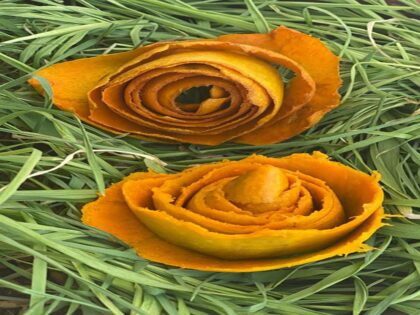Healthcare: Then & Now
-
Roopashree Sharma
- Posted on
- 0 comments
Modern medicine has made exceptional progress in the present times. From flu to the surgery every ailment today has a cure or at least the prototype of a cure. But what’s interesting and surprisingly unknown at the same time is that medical procedures like surgery and transplantation existed centuries ago, even in ancient times.
The evolution of medicine as a discipline has transcended through various cultures and sub-cultures over centuries.
In the European subcontinent, the earliest mention of medicine dates back to 700 BC.
While in Greek culture, well-being was associated with humor, geographic location, social class, diet, trauma, beliefs, and mindset The most significant development in Greek medicine can be credited to Hippocrates who advocated that good health can be achieved with a proper balance of 4 senses of humor- blood, black bile, yellow bile, and phlegm.
In Rome, the masses under the mentorship of Galen practiced medical healing based on herbs, chants, prayers and charms. The evolution of medicine since then (219 BC) has been heavily influenced by the Greeks.
Similarly, the Egyptians in 525 BC also practiced medicine using natural remedies combined with prayer. However, they were able to document their observations which enabled them to identify diseases and come up with accurate cures. The practice in Egypt is credited to the name of the distinguished physician, Hesy- Ra.
Coming to the Asian subcontinent, Chinese culture dates back to 1766 BC when it was believed that the path to recovery from ailment comprised of a 5-way procedure: Cure the spirit, nourish the body, give medications, and ensure treatment of the whole body, use acupuncture and moxibustion – the traditional Chinese medicine, started by a physician named Shennong.
In Bharat (India), since around 5000 B.C.1 the learnings and practices of medical practitioners transcended into scriptures of the Atharva Veda which eventually evolved into the system of Ayurveda. The first notable practitioner in Indian medical history is Sushruta whose book, Sushruta Samhita lays detailed guidelines for medical practices of those times.
The traditional Indian health sciences constitute several disciplines that have long served as sustainable healthcare for several centuries. The most distinguished sciences include Ayurveda, Naturopathy, Unani, Siddha, and Homeopathy.
We can observe the stark difference between ancient medical science and today’s medicine which has narrowed down its focus to curing the physical ailment, rather than the overall well-being of the mind, body, and soul.
The ultimate decision over the preferred line of treatment lies with the patient, but an informed choice is always better than following the majority. The objective behind this narrative is to acquaint our generation with the world beyond the current system of medicine, which has an intense foundation laid over centuries.



